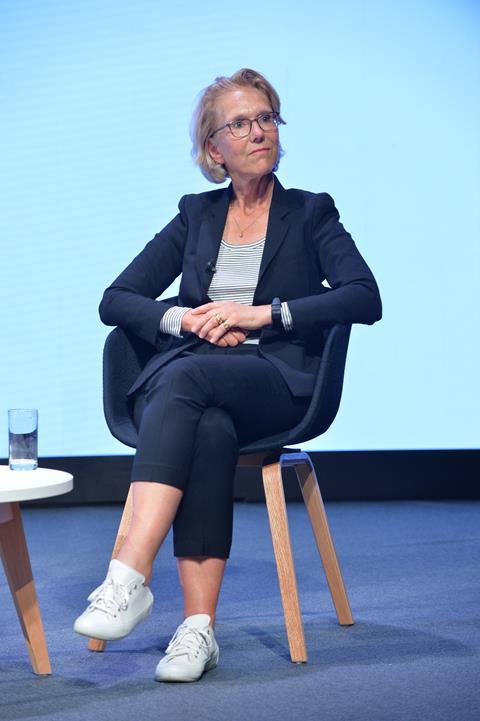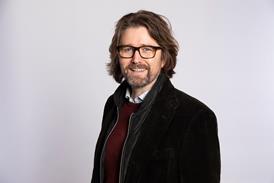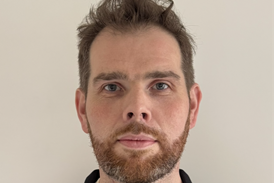Jane Turton sets out importance of producing programming via owned businesses
All3Media is keen to add more international firepower to its portfolio and is eyeing producers in Central and South America and southern Europe, according to chief exec Jane Turton.

Turton told Content London that one way in which super-indies seek to maximise margins is by ensuring their formats are produced by companies they own as they are sold around the world.
Having built up a significant catalogue, All3Media is considering “putting footprints on the ground to make those shows” in other territories, emulating fellow super-indies such as Banijay, BBC Studios, Fremantle and ITV Studios.
“These are companies who plant flags in territories, often on the back of IP. All3Media is quite narrow geographically, and one of the things we’re looking at is how you grow quickly, efficiently and effectively outside of the UK,” she said.
“I’d love to look at Central America, South America, southern Europe. I’m interested to know whether northern Europe is still too hot, valuation-wise.”
All3Media has recently launched German scripted label All3Media Deutschland Fiction and bought high-profile natural history producer Silverback in 2020 but has been less acquisitive than its peers such as Fremantle and ITVS.
Turton, who said she is surprised at how much M&A activity there has been this year as recession looms, acknowledged that indies are “precious and rare” sparking a reaction when they become available.
Talent trumps IP when All3 considers acquisitions, she added.
“You’re not buying the past, you’re buying the future. You’ve got to believe that the combination of support and finance you’re bringing and the talent you’re welcoming in adds up to growth.”
Turton believes that acquiring established businesses is less risky than supporting start-ups, which is “slow and risky”, particularly in non-scripted space.
She cited All3 analysis that found that a non-scripted start-ups needs to produce 24 series in the first five years to become “plausible”.
“They’re not going to do anything in the first two years because they’re developing and selling. So that means they’ve got 24 series crammed into the final three years of that five-year cycle,” she said. “I know that’s very basic building-block analysis, but it’s a reality check.
“There are very few examples today of people setting out into the world of start-up confident that in year five, they’ll have something that is worth £3m-£5m.”
Elsewhere on the panel, Asacha Media Group co-founder and co-chief exec Marina Williams advised producers that working for a range of broadcasters makes them more attractive.
“Diversity is important to us in terms of clientele,” she said. “It’s a red flag if somebody relies entirely on one commissioner. This presents some difficulties for a company to break into new space or relationships. You have to be as broad as possible.”





























No comments yet